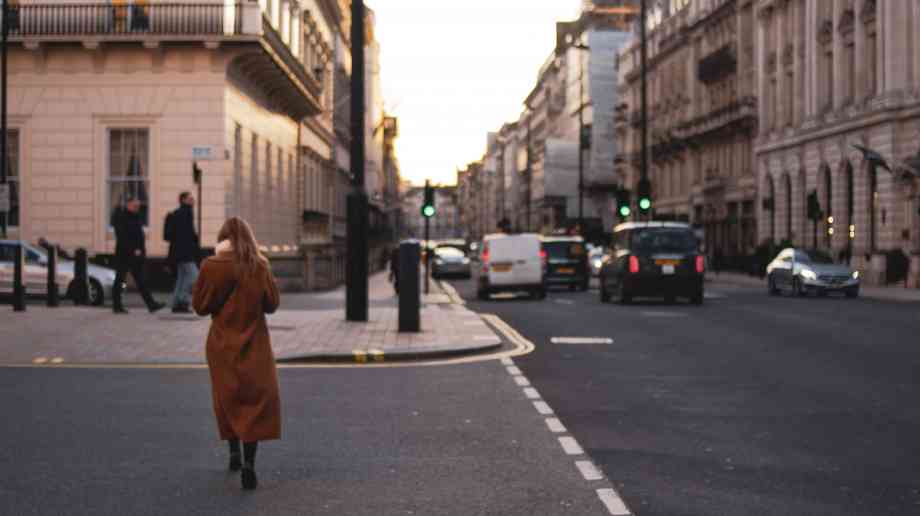Sue Robb of 4Children talks to Julie Laughton and Alison Britton from the Department for Education about the role of childminders in delivering the 30 hours free entitlement.
Plans to expand Ultra Low Emission Zone London-wide

Sadiq Khan is expected to consult with TfL on expanding the Ultra Low Emission Zone London-wide in 2023, whilst ruling out the Clean Air Charge and the Greater London Boundary Charge.
The Mayor of London is using a speech in Forest Hill to say that the long-term and fairest solution to the challenges of vehicle congestion, air quality and cleaner vehicles will ultimately be smart road user charging. This would enable all existing road user charges, such as the Congestion Charge and ULEZ, to be scrapped and replaced with a smarter, simpler and fair scheme that charges motorists on a per mile basis.
Khan has asked TfL to start exploring how this concept could be developed, however TfL is still many years away from being ready to implement such a scheme. Given the urgency of the climate crisis and the damaging impact of toxic air pollution, Khan believes bold action must be taken now.
His preferred option is to extend the Ultra Low Emission Zone London-wide to the London LEZ boundary in 2023, subject to a public and stakeholder consultation. He has ruled out both the Clean Air Charge and the Greater London Boundary Charge as options.
Khan said: “The triple challenges of tackling toxic air pollution, the climate emergency and congestion mean we need to further reduce emissions from vehicles in London. We simply don’t have time to waste. The climate emergency means we only have a small window of opportunity left to reduce carbon emissions to help save the planet. And despite the world-leading progress we have made over the last few years, there is still far too much toxic air pollution permanently damaging the lungs of young Londoners and leading to thousands of deaths every year, with the greatest number of deaths attributable to air pollution in outer London boroughs.
“I’m determined that we continue to be doers, not delayers in London – not only to protect Londoners’ health right now, but for the sake of future generations to come. It’s clear the cost of inaction – to our economy, to livelihoods, to the environment and the health of Londoners - would be far greater than the cost of reducing toxic air pollution, tackling the climate emergency and cutting congestion.
“We have too often seen measures delayed around the world because it’s viewed as being too hard or politically inconvenient, but I’m not willing to put off action we have the ability to implement here in London.
“In weighing up the different options, the rising cost of living was a key consideration for me. Because at a time when people’s budgets are under pressure, I’m not willing to ask people to pay more unless I’m absolutely convinced it’s justified to save lives and protect the health of Londoners. I believe the proposal to extend the ULEZ London-wide will have the biggest effect on emissions and congestion relative to the potential financial impact on Londoners as a whole. We are also proposing to introduce the biggest scrappage scheme feasible to help Londoners on low incomes, disabled Londoners and businesses.”
Company Focus
Located in Bromley, Japanese Knotweed Eradication Ltd has been providing solutions in the treatment and removal of Japanese Knotweed (Fallopia Japonica) for over a decade. During this time we have mastered a repertoire of methods, from herbicidal treatments to landscaping solutions, tailored to address the unique challenges our clients face with this pervasive weed.
Event Diary
UKREiiF has quickly become a must-attend in the industry calendar for Government departments and local authorities.
The multi-award-winning UK Construction Week (UKCW), is the UK’s biggest trade event for the built environment that connects the whole supply chain to be the catalyst for growth and positive change in the industry.
Supplier Profiles
Geo Energy
At GeoEnergy Design, we're on a mission to disrupt the traditional way heating and cooling ha
Latest Features
Professor Harith Alani, director of the Knowledge Management Institute at the Open University explains how AI can be used for good and bad.
Alex Lawrence, head of health & social care, techUK sets out techUK’s Five Point Plan for CareTech.

















